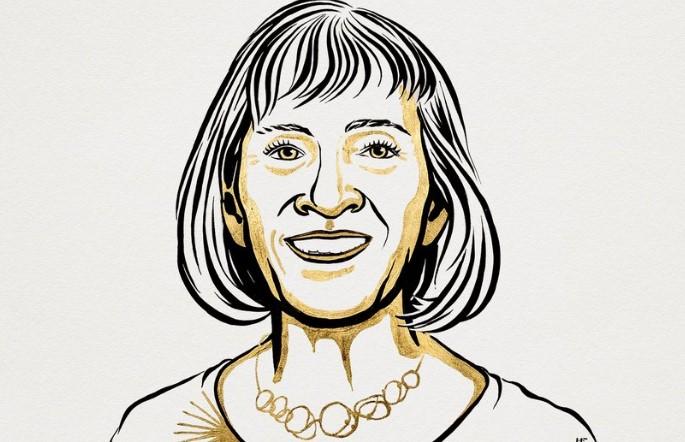The Royal Swedish Academy of Sciences announced today that Professor Claudia Goldin, renowned economist from Harvard University, has been awarded the prestigious Nobel Prize in Economics for the year 2023.
The Sveriges Riksbank Prize in Economic Sciences, established in memory of Alfred Nobel, has been granted to Goldin in recognition of her groundbreaking research into women’s roles in the labor market.
Professor Claudia Goldin‘s contributions have left an indelible mark on the field of economics. Her pioneering work provides a comprehensive account of women’s earnings and their participation in the labor market, spanning centuries. Through meticulous research, Goldin has not only uncovered the underlying causes of change but also identified the primary sources of the lingering gender pay gap.
Claudia Goldin Great Work in Advancing Women’s Labour Market Outcomes Bestowed with Nobel Prize 2023 in Economics
The Royal Swedish Academy of Sciences applauded Claudia Goldin for advancing our comprehension of women’s labor market outcomes. Her tireless efforts have illuminated the intricate web of factors influencing women’s opportunities in the labor force, as well as the evolving demand for their contributions.
Claudia Goldin’s remarkable achievement marks her as the 55th recipient of the Nobel Prize in Economics and the third woman to ever receive this honor since its inception in 1969. This announcement also signifies the culmination of the prestigious Nobel awards season for the year.
Speaking on Goldin’s work, the Academy commented, “By meticulously delving into historical archives, compiling, and rectifying historical data, this year’s laureate, Claudia Goldin, has presented us with new and often surprising insights. She has afforded us a deeper comprehension of the factors that shape women’s opportunities in the labor market and the extent to which their work has been in demand.”
The Academy further noted, “Goldin’s analyses and explanatory models have centered on the limitations women have faced due to marriage and responsibilities within the home and family, which have profoundly impacted their choices. Her research has underscored the enduring nature of these choices and the gradual pace of change, where decisions that affect entire careers are rooted in expectations that may later prove unfounded.”
The profound implications of Goldin’s research extend far beyond the borders of the United States, with similar patterns observed in numerous other countries. Her body of work enriches our understanding of labor markets across time and space.
The Academy highlighted a notable finding from Goldin’s research, stating, “Claudia Goldin has shown that female labor market participation did not follow a consistent upward trajectory over two centuries. Instead, it traced a U-shaped curve.” This intriguing pattern revealed that the participation of married women declined during the transition from agrarian to industrial societies in the early nineteenth century, only to rise again with the growth of the service sector in the twentieth century. Goldin attributed this phenomenon to structural changes and shifting societal norms regarding women’s roles in the home.
Last year, the Nobel Prize in Economic Sciences was awarded to Ben Bernanke, Douglas Diamond, and Philip Dybvig.
Notably, the Nobel Prize in Economics, often dubbed the “false Nobel,” is unique as it was not originally mentioned in Alfred Nobel’s 1896 will. It was established through a generous contribution from the Swedish Central Bank, distinguishing it from the other Nobel Prizes.
Claudia Goldin’s recognition today underscores the importance of her pioneering work in shaping our understanding of gender dynamics in the labor market, paving the way for more equitable opportunities in the future.



